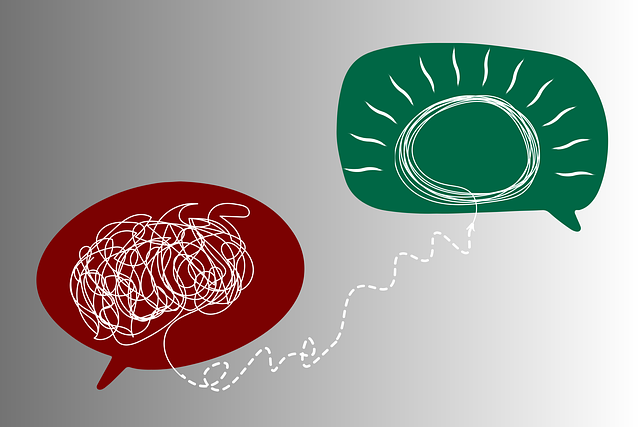Mental wellness journaling is a powerful tool for self-reflection and personal growth. In this guide, we explore how this simple practice can significantly enhance your mental health journey, especially if you’re managing conditions like OCD. From understanding the fundamentals to integrating it into therapy, you’ll discover effective techniques and prompts tailored to support Westminster Obsessive Compulsive Disorder (OCD) Therapy. Learn how to set up a consistent journaling routine to foster self-awareness and promote healing.
- Understanding Mental Wellness Journaling
- Benefits of Journaling for OCD Management
- Setting Up Your Journaling Practice
- Effective Techniques and Prompts
- Integrating Journaling into Your Therapy Routine
Understanding Mental Wellness Journaling

Mental wellness journaling is a powerful tool for self-reflection and personal growth. It involves documenting thoughts, feelings, and experiences in a structured manner to promote mental clarity and emotional well-being. By putting pen to paper, individuals can explore their emotions, gain insights into their thinking patterns, and cultivate positive thinking. This practice is particularly beneficial for those managing conditions like Obsessive Compulsive Disorder (OCD) from Westminster OCD therapy services, as it provides a safe space to express and confront distressing thoughts without judgment.
Through regular journaling, one can develop increased self-awareness, which is crucial in understanding triggers and coping mechanisms. It encourages empathy building strategies by fostering a deeper connection with oneself, allowing individuals to approach challenges with heightened emotional intelligence. Moreover, this exercise can serve as an effective therapy companion, supporting traditional treatments and helping to navigate the complexities of mental health journeys.
Benefits of Journaling for OCD Management

Journaling has emerged as a powerful tool in managing OCD symptoms and offers individuals an effective means to gain control over their thoughts and behaviors. By putting pen to paper, patients can engage in a therapeutic practice that promotes self-awareness and provides a safe space for emotional expression. This simple yet profound act allows them to confront obsessions and compulsions directly, serving as a valuable complement to traditional Westminster Obsessive Compulsive Disorder Therapy.
Regular journaling encourages the development of coping skills, such as positive thinking strategies, which can help individuals challenge negative thought patterns. It facilitates self-reflection and empathy building, enabling people to better understand their triggers and responses. Through this process, they can learn to manage their OCD by gaining insights into their behaviors, fostering a sense of agency, and promoting overall mental wellness.
Setting Up Your Journaling Practice

Starting a journaling practice for mental wellness is an act of self-care and self-discovery. To set up your journaling journey, find a quiet space where you can be undisturbed. Choose a journal that feels right; it could be a beautiful notebook or a digital document, whichever allows you to express yourself freely. Consistency is key; aim to journal at the same time each day, whether it’s morning coffee moments or before bed, to establish a routine.
Consider your goals. Are you seeking to track your thoughts and emotions, explore creative writing, or practice gratitude? Setting an intention can help guide your journaling. For instance, if managing anxiety is a priority, write down your fears and work through them; or if working on self-acceptance is important, reflect on aspects of your identity with kindness. Remember, there are no rules; this space is for you to connect with your inner thoughts, fostering both awareness and healing, especially when navigating conditions like Westminster Obsessive Compulsive Disorder (OCD) Therapy, while also supporting trauma recovery through Trauma Support Services and enhancing inner strength development. Communication strategies can also emerge from this process.
Effective Techniques and Prompts

Integrating Journaling into Your Therapy Routine









